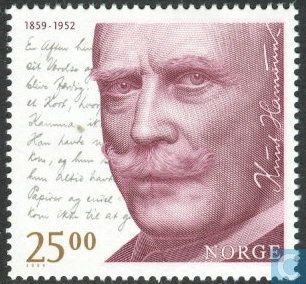National Sisters Day is celebrated in the United States on the first Sunday of August each year. It's a day dedicated to honoring the special bond between sisters, whether they are biological, step-sisters, or chosen sisters. Here are some details about the celebration:
When
- Date: The first Sunday in August. In 2024, National Sisters Day falls on August 4th.
Purpose
- Celebration of Bonds: The day celebrates the unique and cherished relationship between sisters, acknowledging the love, support, and camaraderie they share.
- Acknowledgment: It’s a day to express appreciation and gratitude for the positive impact sisters have in each other’s lives.
Ways to Celebrate
- Quality Time: Spend time together, whether it’s going out for a meal, having a movie night, or enjoying a shared hobby.
- Gifts: Exchange thoughtful gifts or tokens of appreciation to show how much you care.
- Memories: Share and reminisce about fond memories, looking through photo albums or telling stories.
- Communication: If you can't be together in person, a phone call, video chat, or heartfelt message can still make the day special.
- Social Media: Many people share photos and tributes to their sisters on social media using hashtags like #NationalSistersDay.
Significance
- Strengthening Relationships: The day is an opportunity to strengthen the bond between sisters, fostering closer and more meaningful connections.
- Reflection: It allows for reflection on the important role sisters play in each other's lives, offering support, friendship, and a lifelong connection.
National Sisters Day is a wonderful occasion to celebrate and cherish the special relationship between sisters, making it a memorable and heartfelt day.









